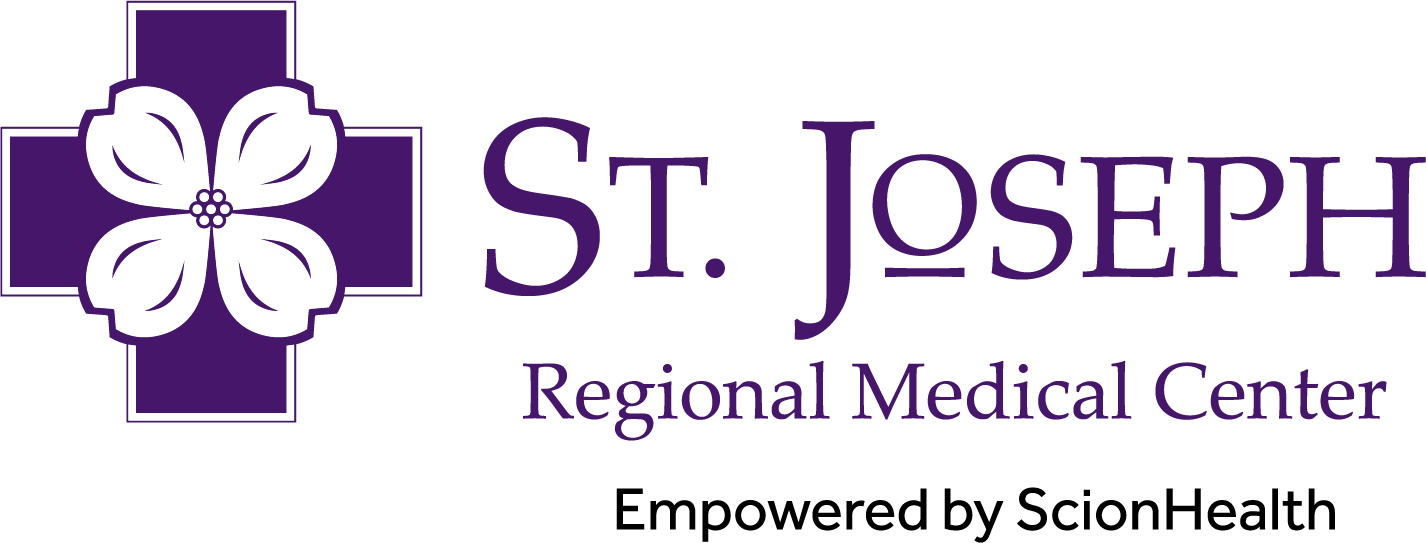National Cancer Prevention Month
February 4, 2025

National Cancer Prevention Month in February raises awareness about cancer prevention and early detection to help more people keep the dreaded C-word out of their lives, or at least be better prepared to fend it off.
Cancer is the second-leading cause of death in the United States, trailing only heart disease. In 2024, more than 600,000 Americans died from cancer and approximately two million were diagnosed with cancer. In many instances, the disease is preventable.
The three most prevalent types of cancer, for example, can often be correlated with unhealthy habits or diets. The leading cause of lung cancer is smoking tobacco. Colorectal cancer is caused by a combination of environmental factors, genetics, and lifestyle choices that include smoking, using alcohol, and eating a diet high in red and processed meats and low in fiber, fruits, and vegetables. Smoking is also one of the factors that can lead to pancreatic cancer.
The key message of National Cancer Prevention Month is a familiar one that promotes the basic tenets of a healthy lifestyle:
- maintain a healthy weight;
- eat healthy foods;
- quit (or never start) smoking;
- limit alcohol use; and
- exercise regularly.
The month also advocates “early detection,” which is achievable with a strong healthcare partner like St. Joseph Regional Medical Center. With cancer, the earlier the detection, the more effective the treatment, outcomes, and recovery.
St. Joe’s provides the most common cancer screenings essential to early detection. These include:
- colonoscopy screenings, which are recommended every 10 years for people at average risk of colorectal cancer, starting at age 45 and continuing up to age 75;
- mammograms, which are recommended for women at average risk for breast cancer beginning at age 40 and then annually starting at age 45; and
- prostate screenings, which should be considered by men aged 40-69, especially if they have a family history of prostate cancer. A prostate-specific antigen (PSA) blood test helps determine the frequency of future screenings.
Equally important, St. Joseph Regional Medical Center offers a team of primary care providers committed to their patients’ health. They offer guidance on living a healthy lifestyle, provide important wellness checks, help patients navigate cancer screenings, and – if a diagnosis is positive for cancer – they work with patients and their families to coordinate the best treatment possible.
Selecting the right primary care provider and seeing him or her regularly is one of the most important things one can do, not just to prevent cancer, but for one’s overall health.
If you currently do not have a primary care provider, you can find one at sjrmc.org/find-a-doctor. You can also learn more about the cancer services we offer at sjrmc.org/cancer.
With healthy lifestyle choices, periodic screenings, and regular visits to your primary care provider, you can live the message of National Cancer Prevention Month, and more likely live without cancer.
